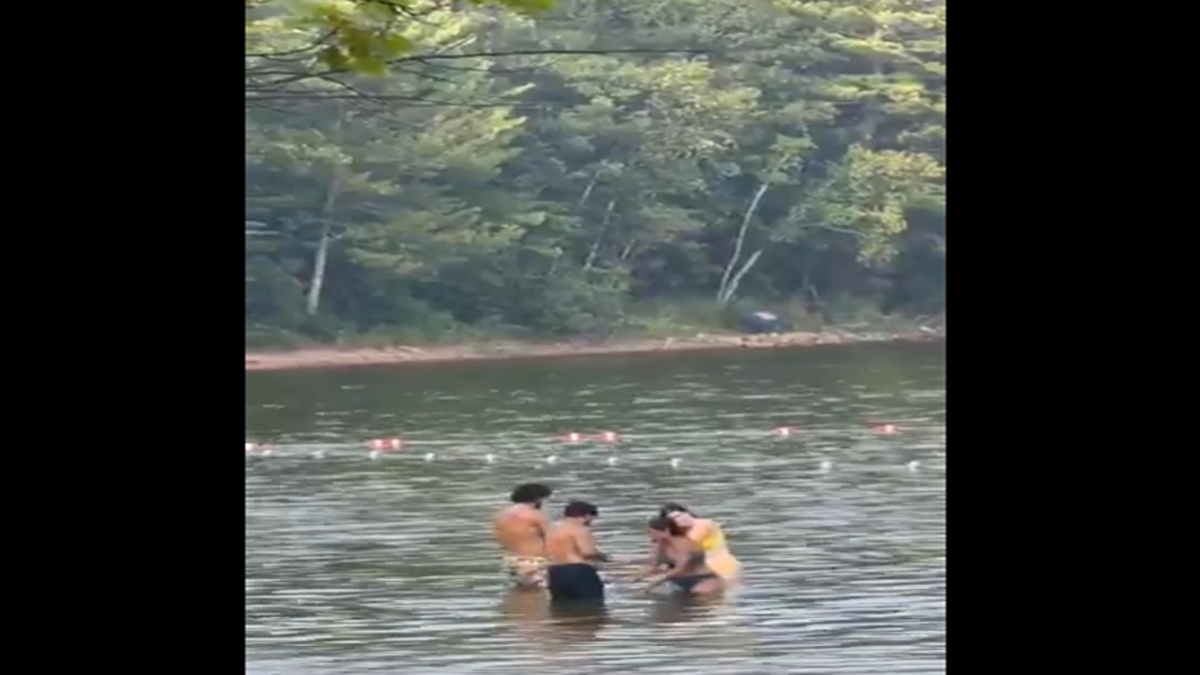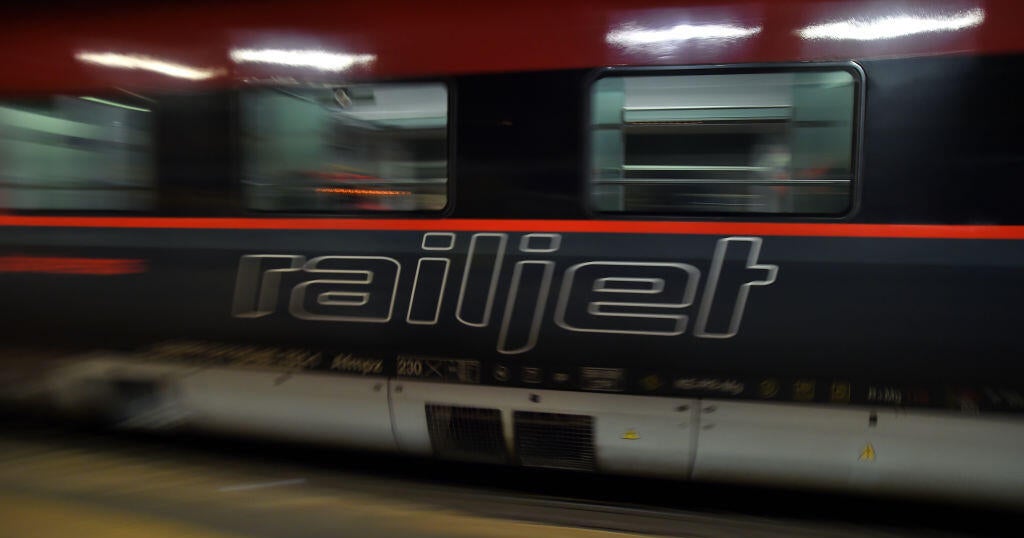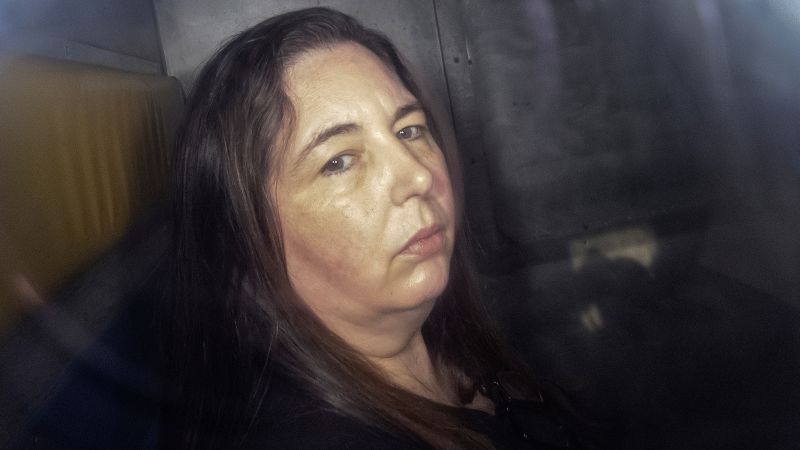Forgotten Nazi Documents Discovered in Argentina's Supreme Court Basement

A surprising and significant discovery has been made in Argentina, where a cache of secret Nazi documents, long forgotten, has surfaced in the basement of the country’s Supreme Court. This remarkable find was revealed on Monday as judicial officials were in the process of relocating court archives to a new museum. It was during this archival effort that the boxes of German government records were stumbled upon by chance, causing quite a stir within the legal and historical communities.
The Supreme Court announced that the contents of these boxes include a plethora of Nazi papers, which are believed to have been intended to promote and entrench Adolf Hitler's ideology within Argentina during World War II. The court’s president, Horacio Rosatti, has ordered a thorough survey and inventory of the documents, recognizing their potential historical importance.
These documents trace their origins back to 1941 when approximately 83 packages were sent from the German embassy in Tokyo to Argentina, transported aboard the Japanese steamer, Nan-a-Maru. Initially, the German diplomatic mission claimed that these packages contained personal effects belonging to its members. However, Argentine customs officials raised concerns, cautioning that allowing these packages into the country without inspection could endanger Argentina's declared neutrality during the ongoing conflict of World War II.
In a notable incident, Argentine officials decided to open five of the packages at random, only to discover a treasure trove of Nazi propaganda materials, which included postcards, photographs, and thousands of notebooks linked to the National Socialist German Workers' Party Organization Abroad and the German Trade Union. Alarmed by the potential implications of these findings, a federal judge ordered the seizure of the entire cargo and subsequently referred the matter to the nation’s highest court.
However, the Supreme Court has not provided any explanation as to why these boxes remained unopened for such an extended period, leaving historians and the public with many questions regarding the handling of this significant cache of documents.
This past Friday, in a noteworthy event attended by Rosatti and various Argentine officials—including representatives from the Buenos Aires Holocaust Museum—the boxes were officially opened. The materials will now be secured under police guard while experts work to scan, digitize, and review their contents. Officials have indicated a particular interest in uncovering what these documents might reveal about the Holocaust and other elements of the Nazi regime, including what has been described as the 'global Nazi money trail.' This aspect could provide vital insight into the international operations and financial networks that supported the regime.




























